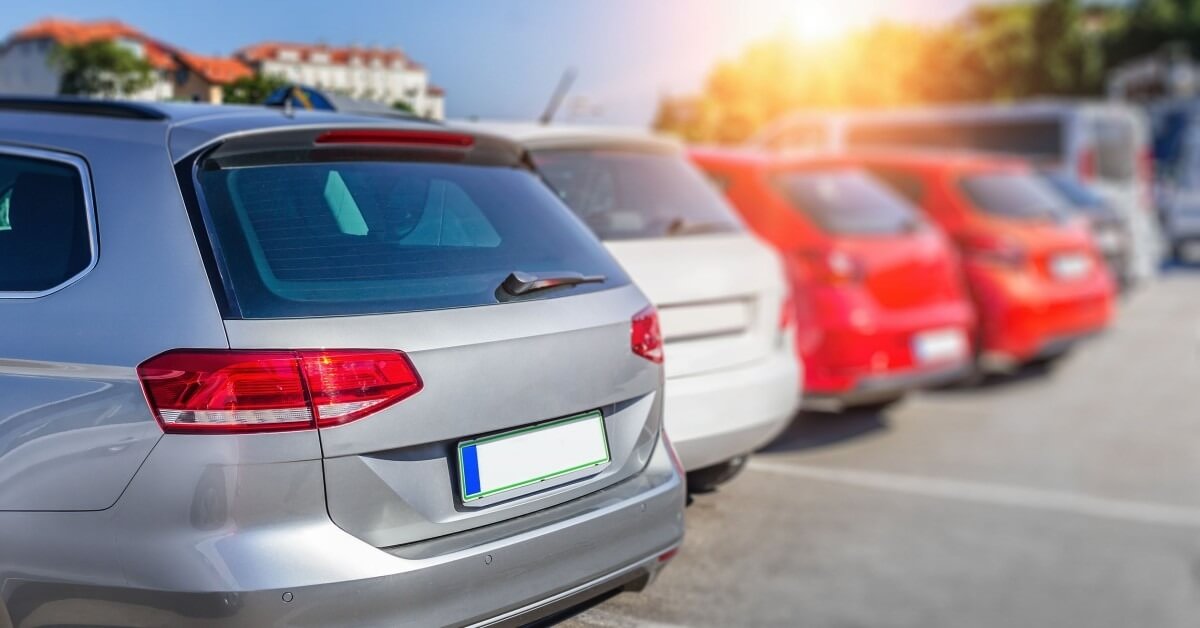Petrol vs Electric Cars, which is a smarter choice in 2024?
Why UAE Drivers Need to Compare Petrol and Electric Cars for 2024

The UAE has long been synonymous with luxury cars and abundant oil reserves. However, with growing environmental concerns and advancements in electric vehicle technology, there is a palpable shift towards cleaner and more efficient modes of transportation. As the global automotive industry shifts towards sustainable energy solutions, the debate between petrol and electric vehicles (EVs) has become increasingly relevant. The UAE government is actively promoting sustainability initiatives, making it imperative to understand the pros and cons of petrol versus electric vehicles for UAE drivers. Let’s do a comparative analysis of petrol v/s electric vehicles, focusing on critical factors such as fuel costs, environmental impact, driving range, and infrastructure availability within the UAE context.
| Petrol Cars | Electric Cars |
|---|---|---|
Fuel Costs | In the UAE, the cost of petrol has traditionally been low due to the country's vast oil reserves. As of early 2024, the average price of petrol is around AED 2.55 per litre. Given the high fuel efficiency of modern petrol engines, the cost per kilometer remains relatively low. However, fluctuations in global oil prices can cause variability in fuel costs, which can impact long-term budgeting for petrol vehicle owners. | Electricity rates in the UAE are also relatively low, averaging around AED 0.30 per kWh. Charging an electric vehicle, such as the Tesla Model 3, with a 75 kWh battery would cost approximately AED 22.50 for a full charge, which can cover about 500 kilometers. This translates to a significantly lower cost per kilometer compared to petrol vehicles. Additionally, many EV owners benefit from incentives such as free charging at public stations and discounted home charging rates. |
Environmental Impact | Petrol vehicles are significant contributors to greenhouse gas emissions. The combustion of petrol releases carbon dioxide (CO2), nitrogen oxides (NOx), and other pollutants into the atmosphere, contributing to air pollution and global warming. As per the report from United Nations Sustainable Transport Conference, the CO2 emissions in the transport sector are about 30% in the case of developed countries and about 23% in the case of the total man-made CO2 emissions worldwide. | Electric vehicles, on the other hand, produce zero tailpipe emissions. Their environmental impact is primarily determined by the source of electricity used for charging. In the UAE, the government is investing heavily in renewable energy sources such as solar power. The Mohammed bin Rashid Al Maktoum Solar Park, for instance, aims to generate 5,000 MW by 2030, significantly reducing the carbon footprint associated with EV charging. |
Driving Range | Petrol vehicles are known for their long driving ranges, with many models capable of covering over 600 kilometers on a full tank. Refuelling is quick and easy, with petrol stations widely available across the UAE. | The driving range of electric vehicles varies by model, but most modern EVs offer a range between 300 to 500 kilometers on a single charge. While this is generally sufficient for daily commuting, long-distance travel can be a concern due to the current charging infrastructure limitations. |
Infrastructure Availability | The UAE has a well-established network of petrol stations, ensuring easy access to fuel regardless of location. This extensive infrastructure is a significant advantage for petrol vehicle owners, providing convenience and reliability. | The UAE government is actively expanding the EV charging infrastructure. As of 2024, there are over 500 public charging stations across the country, with plans to increase this number significantly in the coming years. The introduction of fast-charging stations, capable of providing an 80% charge in under 30 minutes, is a crucial development. |
Incentives and Government Policies | Petrol vehicles do not benefit from significant government incentives in the UAE. However, the established infrastructure and familiarity provide an inherent advantage. | The UAE government offers several incentives to encourage the adoption of electric vehicles. These include exemptions from registration fees, free parking in designated areas, and reduced electricity tariffs for home charging. Additionally, the "Green Charger" initiative aims to further enhance the availability of public charging stations. |
Maintenance and Reliability | Petrol vehicles require regular maintenance, including oil changes, air filter replacements, and periodic engine checks. While the availability of service centres is widespread, the costs can add up over time. | Electric vehicles have fewer moving parts compared to petrol vehicles, resulting in lower maintenance requirements. There is no need for oil changes or fuel system maintenance. However, the battery and electric drivetrain do require periodic checks, and specialized service centres are not yet as widespread as those for petrol vehicles. |
Performance and Driving Experience | Petrol vehicles are known for their robust performance, offering quick acceleration and high top speeds. The driving experience is enhanced by the availability of various high-performance models, catering to enthusiasts who value speed and handling. | Electric vehicles provide instant torque, resulting in quick acceleration and a smooth, quiet driving experience. High-performance electric models, such as the Tesla Model S Plaid, demonstrate that EVs can compete with, and even surpass, the performance of traditional petrol cars. |
Future Prospects | Despite the rise of electric vehicles, petrol vehicles are expected to remain relevant in the near term. Advances in engine technology are improving fuel efficiency and reducing emissions, making them a viable option for many drivers. | The future of electric vehicles in the UAE looks promising, driven by government initiatives and advancements in technology. The shift towards renewable energy sources will further enhance the environmental benefits of EVs, making them an increasingly attractive option for drivers. |
Choosing between petrol and electric vehicles involves many factors, as discussed. For UAE drivers, the decision is personal but also pivotal. The shift towards electric vehicles aligns perfectly with the UAE's vision for a sustainable future. With ongoing investments in renewable energy and EV infrastructure, the benefits of electric vehicles are becoming undeniable, leading towards a greener, more efficient transportation landscape.
